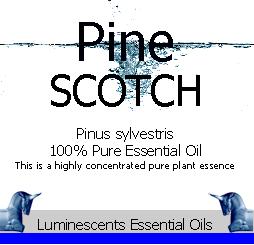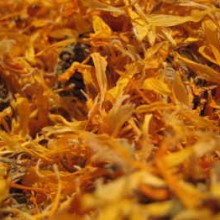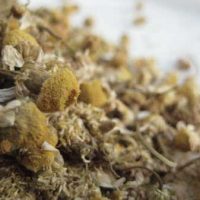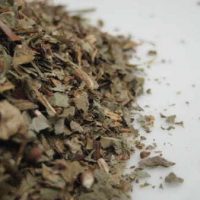The Scotch Pine from which Scotch Pine Essential Oil is distilled is an evergreen tree that can grow up to 40 metres (130 feet) and has a flat crown. The bark is a reddish-brown that is deeply fissured with needle-like gray-green leaves that grow in pairs, orange-yellow flowers, and pointed brown cones. It is not as readily available as regular pine trees accounting for the price discrepancy.
Reported Attributes of Scotch Pine Essential Oil:-
Scotch Pine essential oil is viewed as an analgesic, antibacterial, antibiotic, antifungal, antiseptic, and as an antiviral. Aromatherapists credit its use for arthritis, asthma, bladder infections, bronchitis, catarrh, cholagogue, as a circulatory agent, for colds, convalescence, coughs, cuts, cystitis, as a decongestant and deodorant, and for detoxifying, disinfectant, and acting as a diuretic. It has also been applied to eczema, those with laryngitis, lice, muscular aches, neuralgia, psoriasis, rheumatism, ringworm, scrapes, and sinusitis. It’s versatility is well documented.
Scotch Pine Essential Oil Blends Well With:-
The essential oil blends well with Citronella, Clary Sage, Coriander, Cypress, Eucalyptus, Frankincense, Juniper, Lavender, Myrrh, Rosemary, Spikenard, & Tea Tree
History:-
It was used by the Native Americans to prevent scurvy and the needles were used to stuff mattresses and to repel lice and fleas. The ancient Egyptians used the pine kernels in their cooking.
CAUTIONS:Although pine and pine needle oil is considered safe since it is non-toxic and non-irritant it should still be used with care on the skin since it can cause irritation in high dosage and may sensitize the skin as well.








